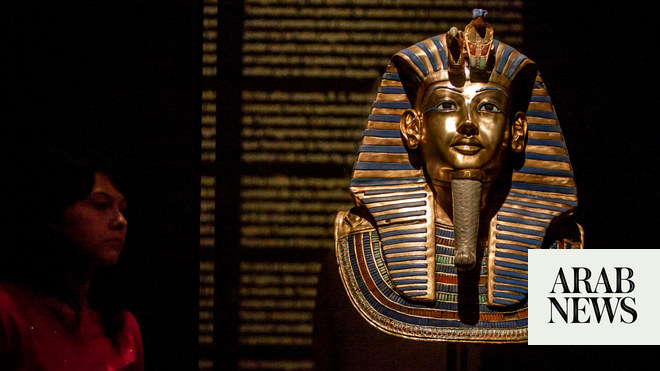
Arab foreign ministers are meeting Saturday in Egypt´s capital to discuss a White House plan for ending the Israeli-Palestinian conflict that would grant the Palestinians limited self-rule in parts of the occupied West Bank, while allowing Israel to annex all its settlements there and keep nearly all of east Jerusalem.
The meeting at the Arab League headquarters in Cairo was requested by the Palestinians, who responded angrily to the US deal.
President Mahmoud Abbas, who said "a thousand no´s" to the proposal, is planning to attend the gathering. He said the Palestinians remain committed to ending the Israeli occupation and establishing a state with its capital in east Jerusalem.
The Arab League´s head, Ahmed Aboul-Gheit, said on Wednesday that an initial study of the plan´s political framework showed that it "ignored legitimate Palestinian rights in the territories."
He said the Palestinian response would be key in shaping a "collective Arab position" on the plan, which he noted was a "non-binding U.S. vision."
Majdi al-Khaldi, a diplomatic adviser to Abbas, said the meeting aims at issuing a "clear declaration" rejecting the deal.
Khaldi, who accompanies Abbas on his trips to world capitals, said the Palestinian leader would meet with Egyptian President Abdel Fattah el-Sissi to discuss measures to "protect the Palestinian people´s rights."
US President Donald Trump unveiled the long-awaited proposal Tuesday in Washington. It would allow Israel to annex all its West Bank settlements - which the Palestinians and most of the international community view as illegal - as well as the Jordan Valley, which accounts for roughly a fourth of the West Bank.
In return, the Palestinians would be granted statehood in Gaza, scattered chunks of the West Bank and some neighborhoods on the outskirts of Jerusalem, all linked together by a new network of roads, bridges, and tunnels. Israel would control the state´s borders and airspace and maintain overall security authority. Critics of the plan say this would rob Palestinian statehood of any meaning.
The plan would abolish the right of return for Palestinian refugees displaced by the 1948 war and their descendants, a key Palestinian demand. The entire agreement would be contingent on Gaza´s Hamas rulers and other armed groups disarming, something they have always adamantly rejected.
Ambassadors from the United Arab Emirates, Bahrain, and Oman attended the Tuesday unveiling in Washington, in a tacit sign of support for the US initiative.
Saudi Arabia and Egypt, Arab states that are close US allies, said they appreciated President Trump´s efforts and called for renewed negotiations without commenting on the plan´s content.
Egypt urged in a statement Israelis and Palestinians to "carefully study" the plan. It said it favors a solution that restores all the "legitimate rights" of the Palestinian people through establishing an "independent and sovereign state on the occupied Palestinian territories."
Jordan, meanwhile, warned against any Israeli "annexation of Palestinian lands" and reaffirmed its commitment to the creation of a Palestinian state along the 1967 lines, which would include all the West Bank and Israeli-annexed east Jerusalem.










